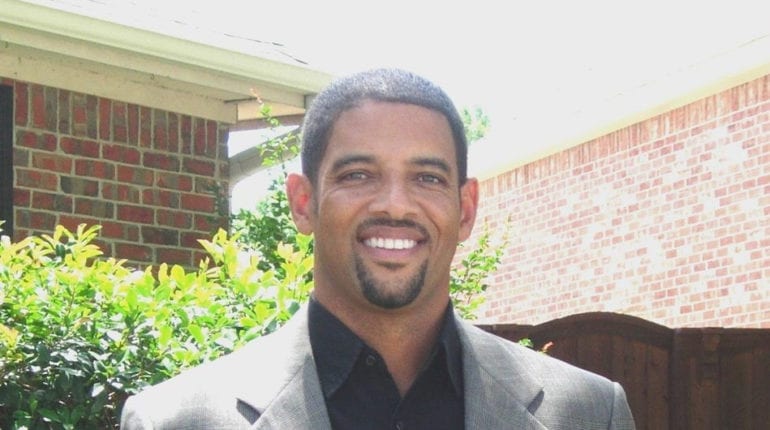The Chicago School opened its Dallas Campus in the fall of 2018. Its newest location was a response to increased demands in the Dallas/Fort Worth metropolitan areas for programs in psychology and behavioral health sciences.
Beginning in the fall of 2021, the campus will expand its offerings to include an M.A. in Clinical Mental Health Counseling. Job growth for mental health counselors is expected to be faster-than-average in the coming decade, according to the Bureau of Labor Statistics.
In this series, we spotlight Clinical Mental Health Counseling faculty at our Dallas Campus. First up is Michael Maxwell, Ph.D., an adjunct faculty member, who shares his insights on The Chicago School.
Why did you choose to work at The Chicago School?
My first job in higher ed was in a small nontraditional university, very similar to The Chicago School. I really enjoyed that setting. I enjoyed the smaller class sizes because counseling education is a very intimate type of work. I worked at a state university, where class sizes are much larger. It’s a lot different connecting with students in that setting. I made my way back to the smaller atmosphere thanks to The Chicago School.
What do you like about working with graduate students?
The beauty with graduate studies is that you have some students who are fresh out of undergrad. You also have students who are in their 70s, who are making a career change. We have folks who are balancing family, work, and graduate school. We have folks who are working in different industries, sometimes even in the mental health sector. They have experience they can bring to the classroom setting and enrich the lessons. They can all learn from one another.
What sets apart the clinical mental health counseling program?
We focus on attracting individuals from all walks of life. The smaller class sizes, the close contact with the instructors and administrators make it unique. We also gear the program to the working public. It gives people the opportunity to continue to work and earn their graduate degree in an expedited fashion. We don’t rush things, we don’t take things out, but students can get their degree in a short amount of time and become gainfully employed in the field.
In what way are classes hands-on?
When I was a student, what I valued most was how I personally grew from the experience. Each class encouraged us to do self-exploration. I incorporate that in the classes that I teach. There are assignments that encourage students to do self-exploration. We ask students to interview family members. Doing that deep inward search makes you ready for that type of work. The difference between our program and the others is that self-exploration piece.
We also have courses where students practice their skills with peers first. Then they become master’s-level interns. They’ll spend up to three full-time semesters working with real-life clients and with real-life problems so we can assess their skills.
How do you bring multicultural approaches to all of your classes?
All counseling is multicultural. Our clients bring their whole selves, and we all have these intersecting identities. We bring all these things to the table and the counselor does too. Counselors need to have awareness, knowledge, and specific skills working with culture. I like to infuse those three in every course I teach because the profession requires it. Every assignment has a multicultural angle to it.
The Chicago School is making good headway in that aspect. Leadership encourages it, and the profession expects it. We have a wide array of students from different backgrounds, ethnicities, age range, economics, and gender. I believe The Chicago School is at the forefront. It’s something that we embrace. It’s in our mission statement.
What is the key takeaway you hope students have when graduating from The Chicago School?
Our curriculum is robust. I want our students to feel confidence, to feel competent, and to feel secure in their education. They’ll be well-prepared to work in mental health with a degree from The Chicago School.
Learn more about the Clinical Mental Health Counseling M.A. program at the Dallas Campus
The Chicago School provides innovative, remote learning options, with more than 30 psychology degrees offered online. The Chicago School offers a master’s degree in Clinical Mental Health Counseling at the Dallas Campus. Request more information by completing the form below.

